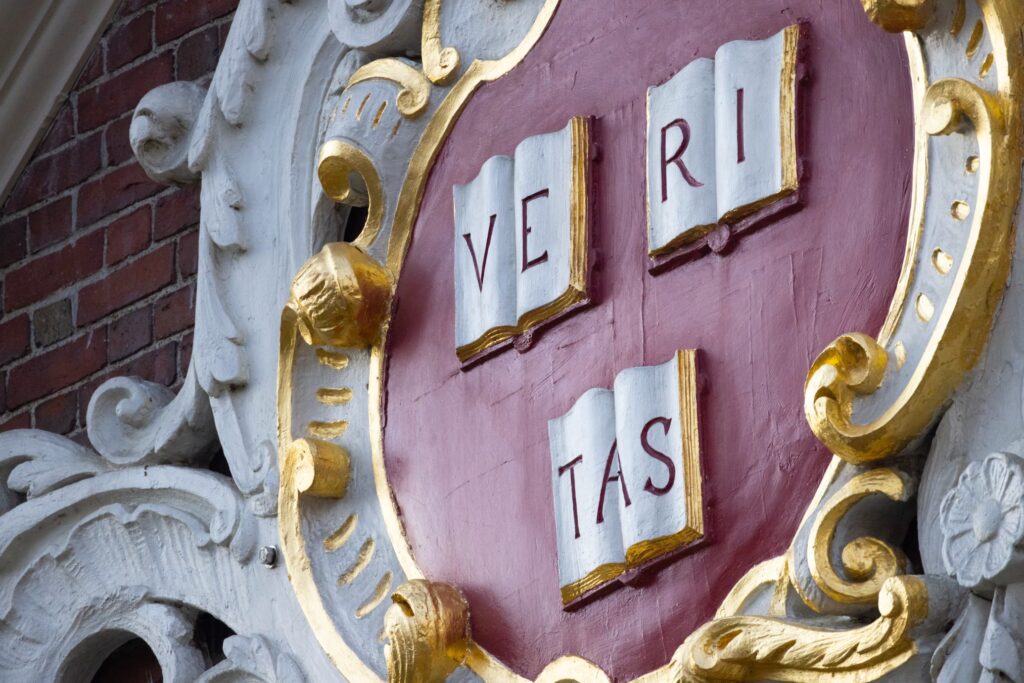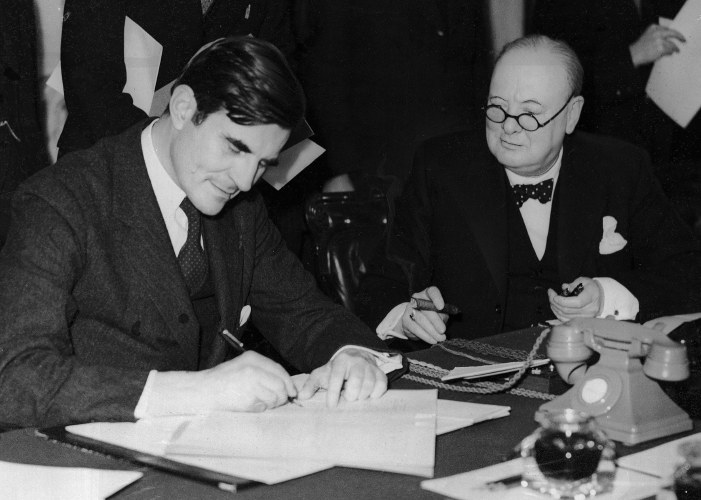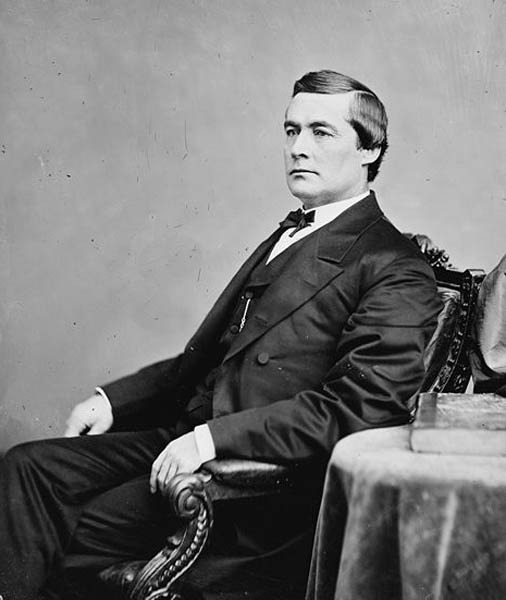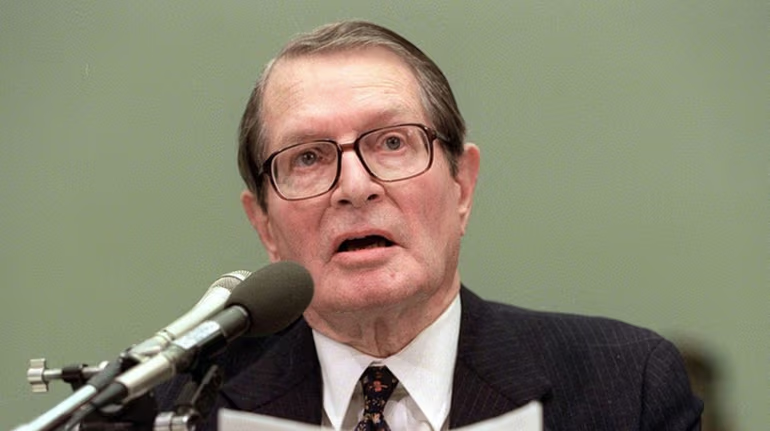
Photo by Xiangkun ZHU on Unsplash
Say the words “Harvard” and “$53 billion endowment” in the same sentence, and you’re bound to hear this: Why on earth would they ever need more money? It’s a reasonable question—and an ethical one.
At a time when student debt tops $1.7 trillion nationwide and working families struggle with rising tuition, the optics of America’s wealthiest university continuing to raise funds and charge significant tuition seem, at best, out of step with the values of accessibility and fairness in education.
But the full picture is not so simple:
First, Harvard’s endowment isn’t a bottomless ATM. It operates more like a complex trust: More than 70% of its funds are legally restricted, earmarked by donors for very specific purposes—research into cancer, a scholarship for students from rural Montana, or upkeep of a historic building. These funds are not, and cannot be, reallocated for general use—no matter how worthy the cause.
Second, there’s the issue of sustainability. Harvard draws down about 4.5 to 5 percent of its endowment annually—roughly $2.3 billion—to support its $6.4 billion operating budget. That money helps power one of the world’s most expansive educational ecosystems: 600 buildings, 30,000 students and staff, world-class museums, public libraries, and research centers tackling everything from public health to climate change. That annual draw is a safeguard to ensure the endowment continues to support future generations. It’s long-term stewardship in action.
Still, there’s an ethical tension that can’t be ignored.
Transparency matters. When the public sees an institution sitting on billions while families struggle with tuition, there’s a responsibility to explain—not just manage—resources wisely. Harvard has taken steps to do that, offering one of the most generous financial aid programs in the country. Families earning under $85,000 a year pay nothing for tuition, housing, or meals. For many middle-class families, the cost is significantly reduced.
But here’s the rub: How we balance wealth with responsibility speaks volumes about our values.
Fundraising isn’t just about dollars; it’s about priorities. Donations allow Harvard to expand access, support underrepresented students, and fund research that serves the public good. But the university must also grapple with how it presents itself. Can it do more to simplify access to financial aid? Can it lead a broader national effort to model affordability and inclusion? The answer to both is yes.
The bigger ethical question is this: What kind of educational system do we want to support—and what is the role of an elite institution in that system? Harvard has both the resources and the moral obligation to lead not just in research or rankings, but in equity.
A $53 billion endowment is not a symbol of greed—it’s a challenge. To steward that wealth with humility, to explain its use with clarity, and to ensure that the benefits extend beyond its gates. Not just today, but for generations to come.
Comments












